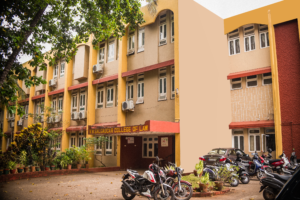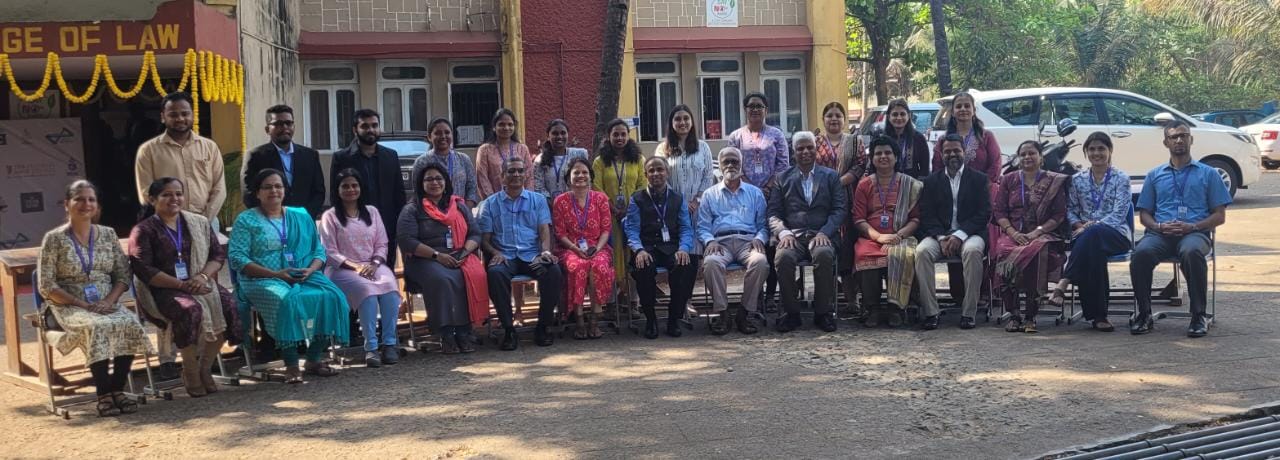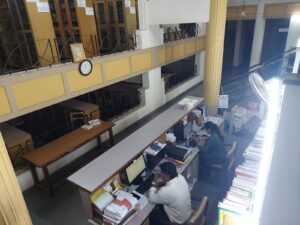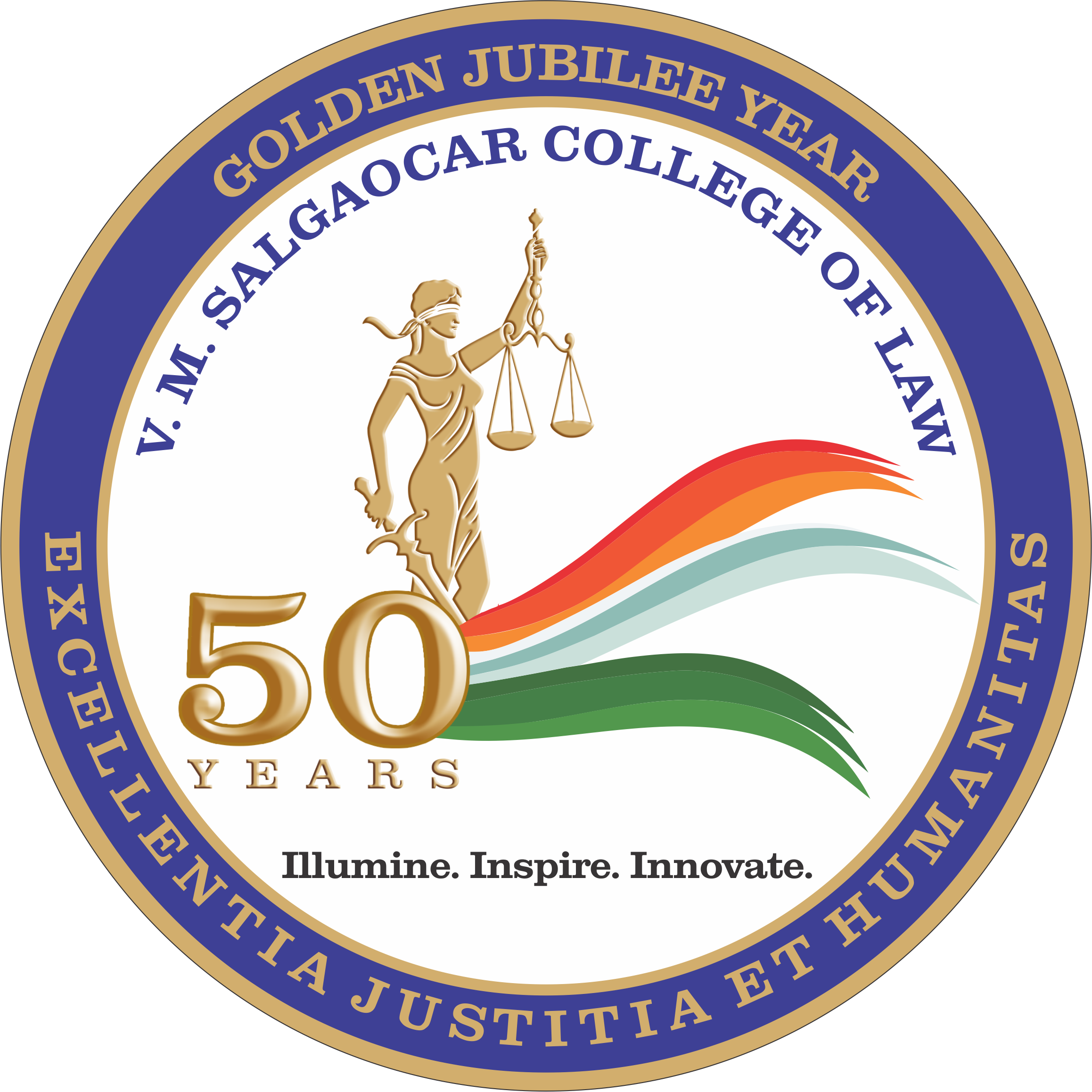Trial Advocacy
Home Trail Advocacy
Mock Trail/ Trial Advocacy
![]()
A mock Trial is a method of clinical legal education. Learning the law in practice at the college level is the essence of a mock trial. A mock trial is nothing but a model court trial offered through simulation. It teaches the students law in practice before the Criminal Court. Any criminal case before the real court takes years together to complete the procedure including judgment. But in Mock trials, students are trained to show the complete procedure within a span of one hour.
The concept of Mock Trials started in this college in 2009 as part of its clinical teaching. It is a continuous ongoing process. This idea is initiated by senior faculty members of the college. Every year after the mock trial, based on the suggestion given by the faculty and students we will try to incorporate the changes during the next mock trial.
Objectives
![]()
To learn theory in practice
To appreciate the provisions of law in practice
To train the students in the art of advocacy
To enlighten the students about the procedural concept of criminal trial before the court
To acquaint with court manner and court procedure
To understand the provisions of CrPC and Indian Evidence Act in practice
To impart various skills that are required to a lawyer
To make the students to understand and appreciate the evidential aspects
It helps the students to understand the present.
Modus Operandi
![]()
Faculty in-charge narrates to the students a simple fictitious case. Opportunity is given to students to select various roles/characters required for mock trial such as victim in the case, accused person, punch witnesses, prosecution witnesses, defense witnesses, Police officials, court officials, Public Prosecutor and defense counsel and Judge.
Once the student selects his role in the mock trial, students with the help of faculty members are required to research the area, identify procedural requirements, create necessary information, develop strategies in examination of witnesses and prepare the sequence of procedure to be followed in the trial. Thereafter students will practice in the presence of faculty the full pre and trial procedure as it occur in the real court. At least 15 to 20 students are necessary to conduct mock trial. Students practice the complete procedure for a period of one week. Once they are comfortable with the full trial, they do the final mock trial in the presence of other students of the college, faculty and other interested persons. One student is required to moderate the entire incident from the beginning till the end of the trial. The moderator will high light the provisions of IPC, CrPC and IE Act as and when they are necessary, in each and every trial stage.
For the purpose of reenacting the entire trial, the trial takes place in Moot Court Room of V.M. Salgaocar College of Law. To give the feel of the court V.M. Salgaocar College has built a Moot Court Room similar to real court room with facilities like Court Hall, witness box and Judge Room.
Trial Procedure:
![]()
Criminal trial can be broadly divided into two important stages. Pretrial Stage and Post trial stage.
Pretrial Sage
![]()
It consists of depiction of the scene, complaint to the police, entry of police scene of the offence, preparation of panch name, sending the victim to the hospital, investigation of the case (IO), arrest of the accused person, collection of medical reports, preparation of charges/charge sheet – FIR, submission of the file to the court.
Pretrial Sage
![]()
It consists of depiction of the scene, complaint to the police, entry of police scene of the offence, preparation of panch name, sending the victim to the hospital, investigation of the case (IO), arrest of the accused person, collection of medical reports, preparation of charges/charge sheet – FIR, submission of the file to the court.
Trial
![]()
It includes summoning the witness to the court, date is fixed to start the trial, charges are informed to the accused, chief examination, submission of evidence before the court, cross examination, if defense witnesses are available again their examination, arguments by the counsels before the court, delivery of judgment.




